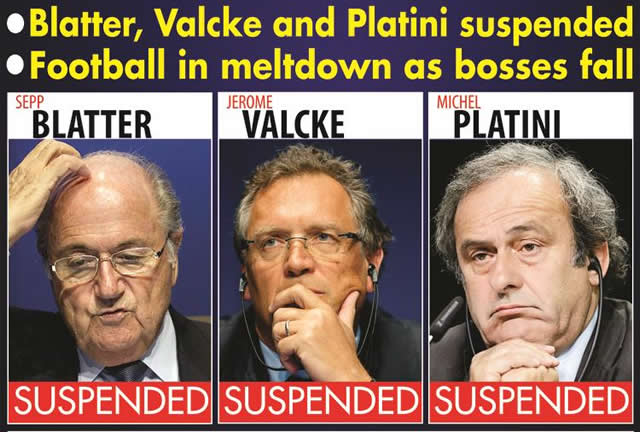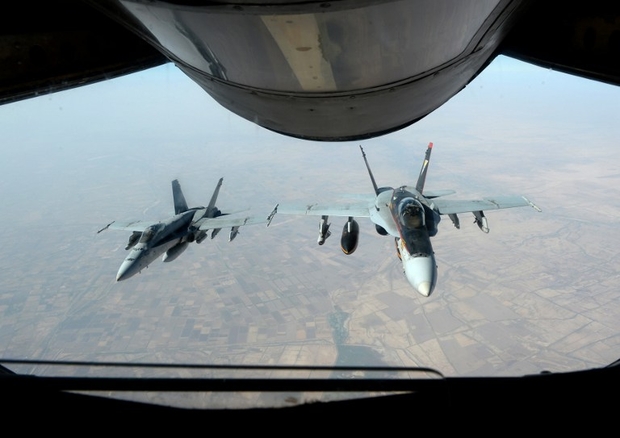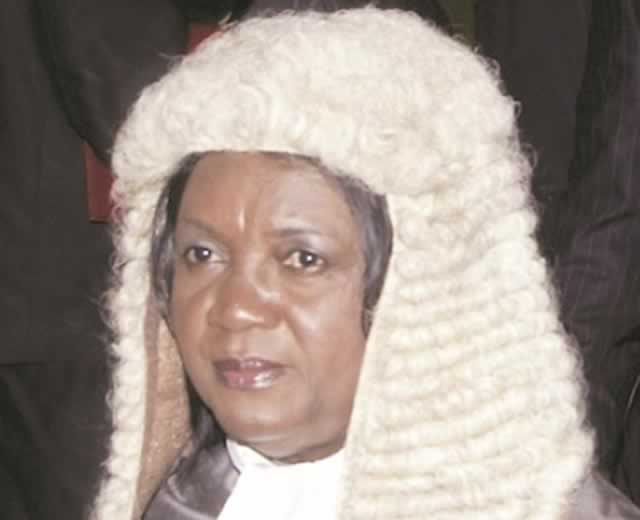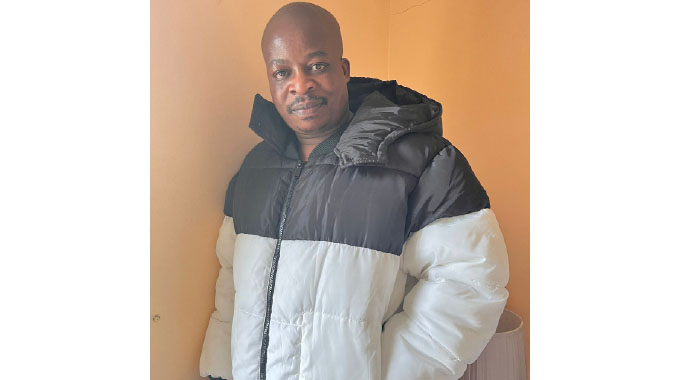FIFA’S AXIS OF EVIL

 ZURICH — As world football’s three most powerful men were dragged on the podium of infamy yesterday, with the 90-day suspension of Sepp Blatter, Jerome Valcke and Michel Platini, FIFA ceased to exist in any moral or bureaucratic sense.
ZURICH — As world football’s three most powerful men were dragged on the podium of infamy yesterday, with the 90-day suspension of Sepp Blatter, Jerome Valcke and Michel Platini, FIFA ceased to exist in any moral or bureaucratic sense.
It has turned into something that resembles a corrupt and collapsing bank.
These three former masters of the football universe now join the crowded roll-call of the banned, arrested, indicted, suspended or under investigation, in a multiple pile-up which has wrecked and ruined the authority of this once-impregnable organisation.
There are no grounds for thinking about elections, a change of leadership or “reform” from within can change a culture embedded over decades because, to call this a tide of scandal, would be very misleading.
The crooked city-state presided over by Blatter has its foundations on a swamp that dates back to 1974 and the start of Joao Havelange’s reign and for 40 years or more, FIFA has gorged itself on the world’s favourite sport.
Against that backdrop of mountainous corruption allegations, it looks like fantasy for FIFA to believe it can continue with the parallel universe of a process to reform itself from within, and the election of a new president.
As one scandal has followed another, a fug of punch-drunkenness has crept over the Fifa story, so that extraordinary, scandal-ridden revelations become almost normal.
Of the 24 executive committee members who were in 2010 preparing to select the host countries for the 2018 and 2022 World Cups, two were suspended before the vote.
Of the 22 who did vote, Jack Warner, Qatari Mohamed bin Hammam and Chuck Blazer are banned for life after serial corruption scandals; Ricardo Teixeira resigned before being exposed for taking bribes, along with FIFA former president João Havelange; Issa Hayatou was censured by the International Olympic Committee for receiving money, Chung is banned for six years, Blatter has been suspended and Platini is also in the cold.
If this toxic, multiple collapse of leaders and reputations, with more to come and no end in sight, was happening to FIFA’s finances, the organisation would long ago have been declared insolvent.
Given the morass of scandal, a temporary handover to an independent body which would oversee the necessary reforms and restructuring.
FIFA, of course, despite this near-unbelievable cascade of scandal, is far from financially bankrupt, given the adoration around the world for football and the $5,4 billion this reaped for Blatter’s organisation in the 2011-14 period.
To say it is morally bankrupt does not quite meet the moment; it is a judgment, to have so many top people removed in circumstances of such proven, or alleged disgrace, means that FIFA is administratively and functionally bankrupt.
And, with Platini’s ban, we can all stop whispering that this is a problem of Blatter’s cronies in the developing world.
The Europeans tried to pretend that global “patronage” was at the root of the malaise and African, Asian and South American states were keeping Blatter in power and guaranteeing him their votes in return for money and influence.
Now, with Platini offering a comical explanation for FIFA’s nine-year delay in paying him £1,35 million for “consultancy” work, football’s crisis of governance is being felt in the heart of Europe, at a body that manages the Champions League, the world’s greatest club competition and will stage the next international tournament — Euro 2016 — in Platini’s homeland.
Besides European probity, another theory to have taken a hit is that Platini is a “football man” whose dream is to save the game from charlatans.
On his own divine path to Blatter’s job, Platini presented himself as the soul of football; a majestic former player with the brains and charisma to outflank career bureaucrats at FIFA House.
Until, that is, we learned that he took two million Swiss francs from FIFA shortly after agreeing not to challenge Blatter for the presidency last time round.
Finally and perhaps most importantly, we can now finally dispense with the notion that the head never knew what the body was doing.
Blatter’s schtick has been to play the wronged grandfather whose family has betrayed him.
Employing a Messianic language beyond the merely Orwellian, Blatter even tried to pose as FIFA’s chief reformer: the only viable saviour of an organisation that has damaged the game it was meant to protect during his 17 years in charge.
The twinkle in his eye has long since departed, though he still promises vindication.
But lest anyone extend one shred of credit to FIFA’s Ethics Committee for carrying out work that should have started decades ago, it ought to be remembered that this whole process really started with investigative journalism, the FBI and Swiss prosecutors, who realised they could no longer ignore American allegations of corruption in Blatter’s Vatican.
A mass exodus of global corporate sponsors has also given the guardians of FIFA’s morals a hurry-up.
There are no solutions from within an organisation that had to be forced to confront its own venality and which dispatched the 2022 World Cup to Qatar in a bidding process that stank to the heavens.
The English Football Association, who continue to back Platini’s candidacy for the FIFA presidency, subject to outcomes, now make the astonishing suggestion that the FIFA executive committee should meet in extraordinary session to discuss the mess.
Like Greg Dyke’s embarrassing endorsement of Platini, the FA’s belief that a FIFA exco meeting is what is needed points to a complete misunderstanding of the scale and depth of the scandal.
It assumes, too, that a group of solid citizens can be assembled at FIFA headquarters to take the next step.
Too late for that.
The final proof that these problems are endemic is the interim appointments made after Blatter and Platini (UEFA) were provisionally suspended, along with Valcke, the FIFA general secretary — the three men on the podium (all protest their innocence).
FIFA is now in the hands of a man, Issa Hayatou, censured by the International Olympic Committee for receiving money he claims was for his Confederation of African Football.
UEFA’s stand-in, Spain’s Ángel María Villar Llona, distinguished himself by trying to block the original Garcia investigation into the 2018 and 2022 World Cup bids.
Villar hardly represents a break from the establishment and in February, he was placed under investigation for failing to account for nearly £6 million of government grants, which were supposed to be spent on the he running and infrastructure of grassroots football in the country.
To football fans, FIFA must resemble that scene in Martin Scorsese’s Casino, where, beyond the glitz of the gaming floor, the takings are bundled up in a counting room and packed off to mobster stakeholders.
And now Platini’s unhealthy relationship with Blatter and FIFA has placed Europe centre stage in a scandal it liked to depict as World Cup-related and therefore confined to a different Swiss lake.
All across Europe now, teams and players are fighting their way into Euro 2016 at the end of an interesting and entertaining qualifying campaign.
For what?
So UEFA’s leaders can play pork barrel politics? Maybe, a first step is for Swiss prosecutors to occupy FIFA House, declare it a crime scene and suspend it for a lot longer than 90 days. — The Guardian/Telegraph.











Comments